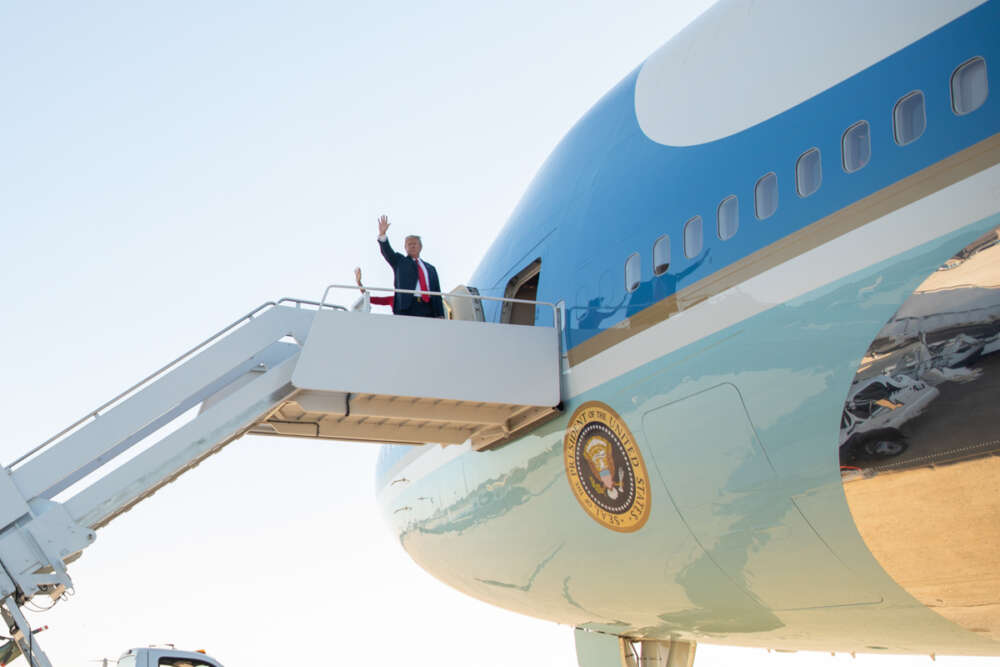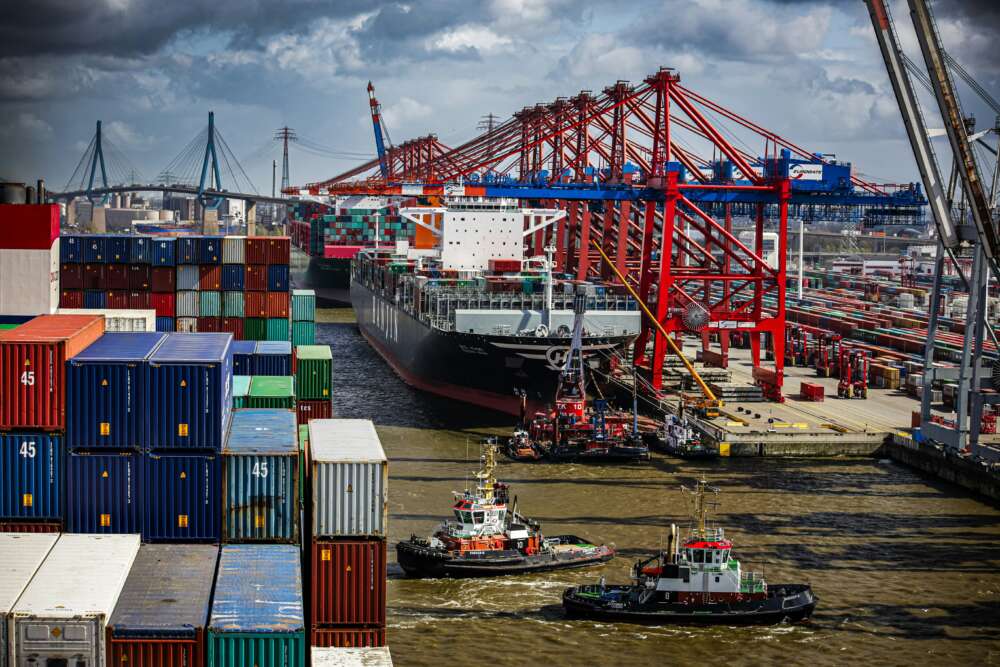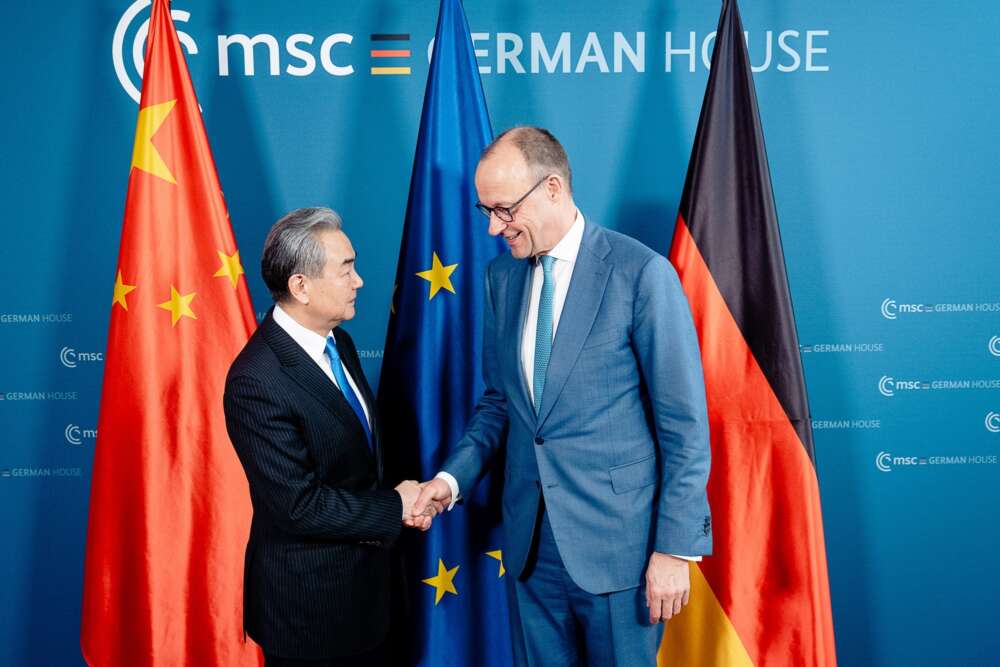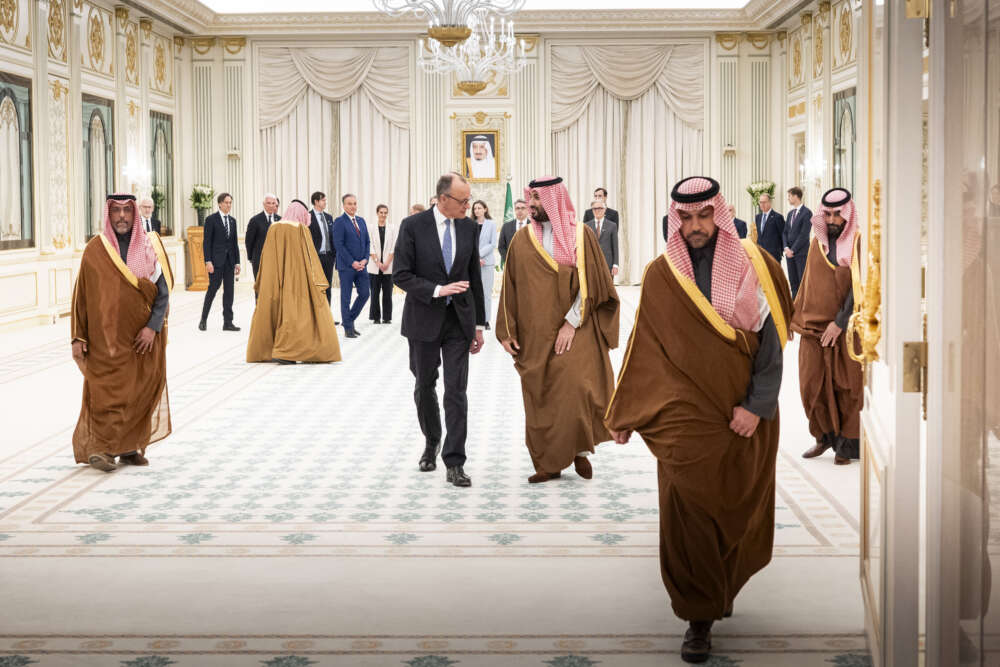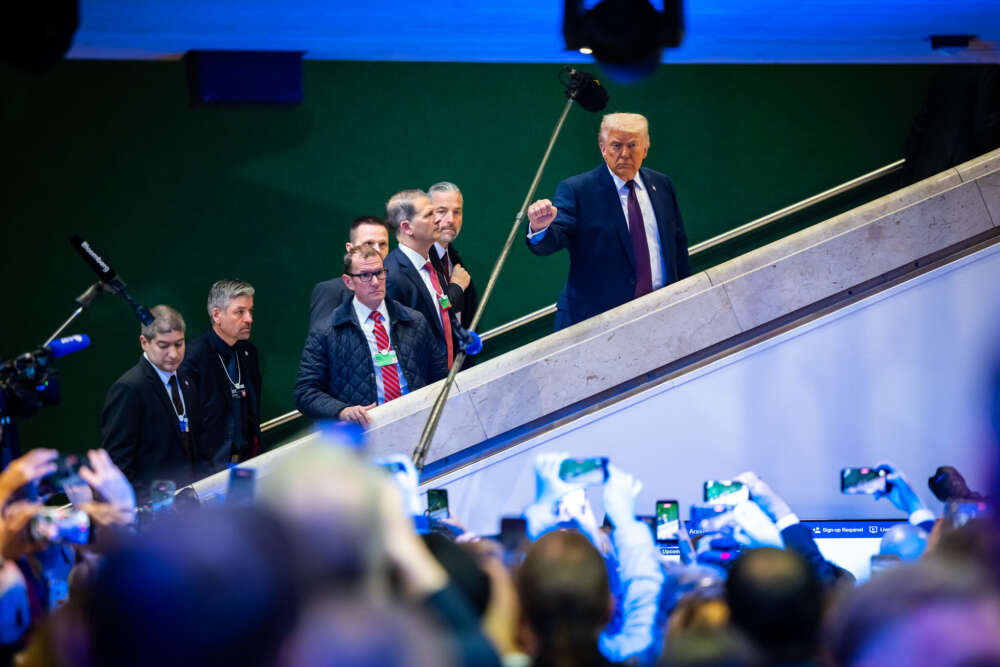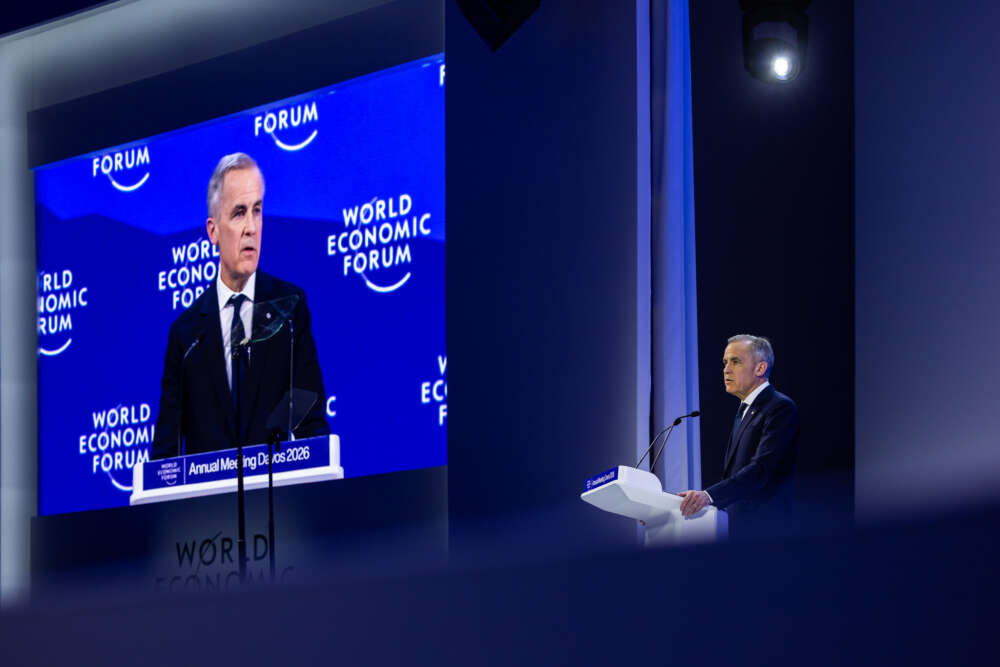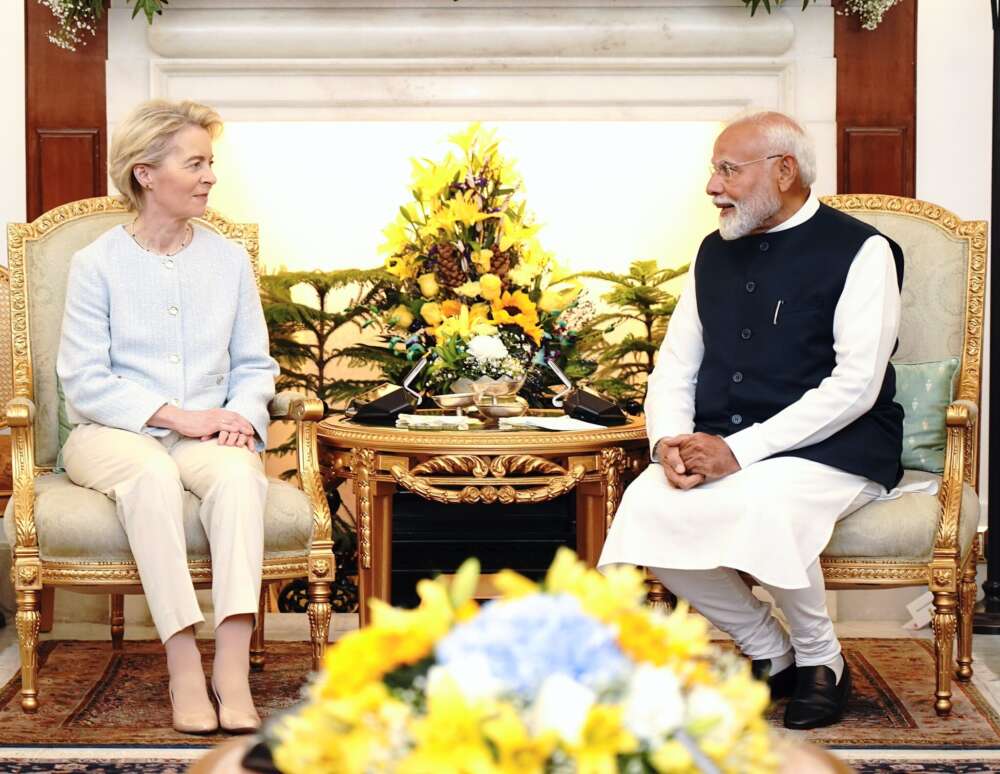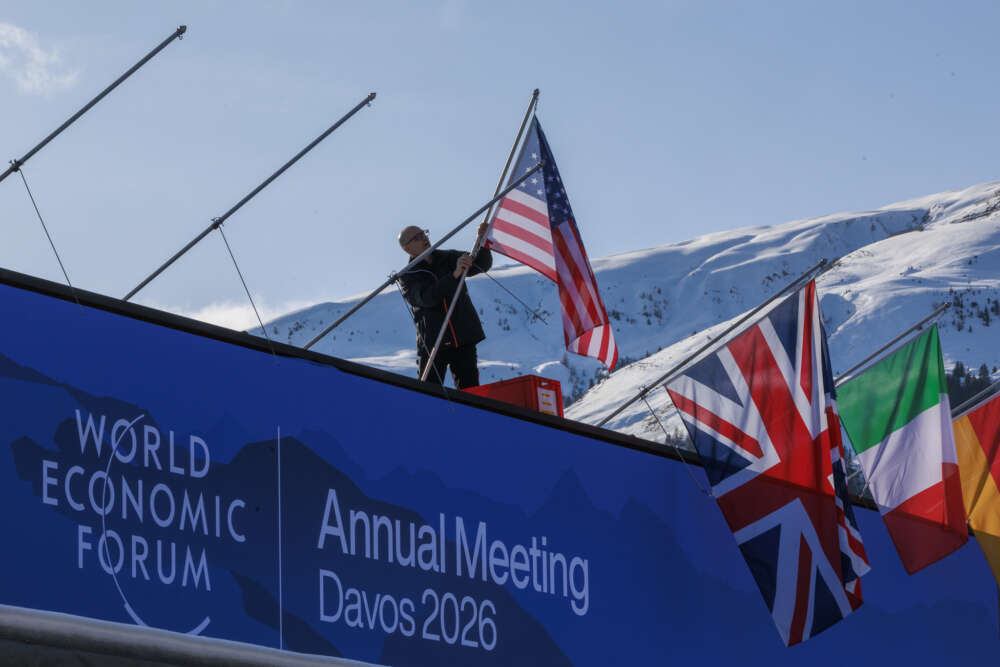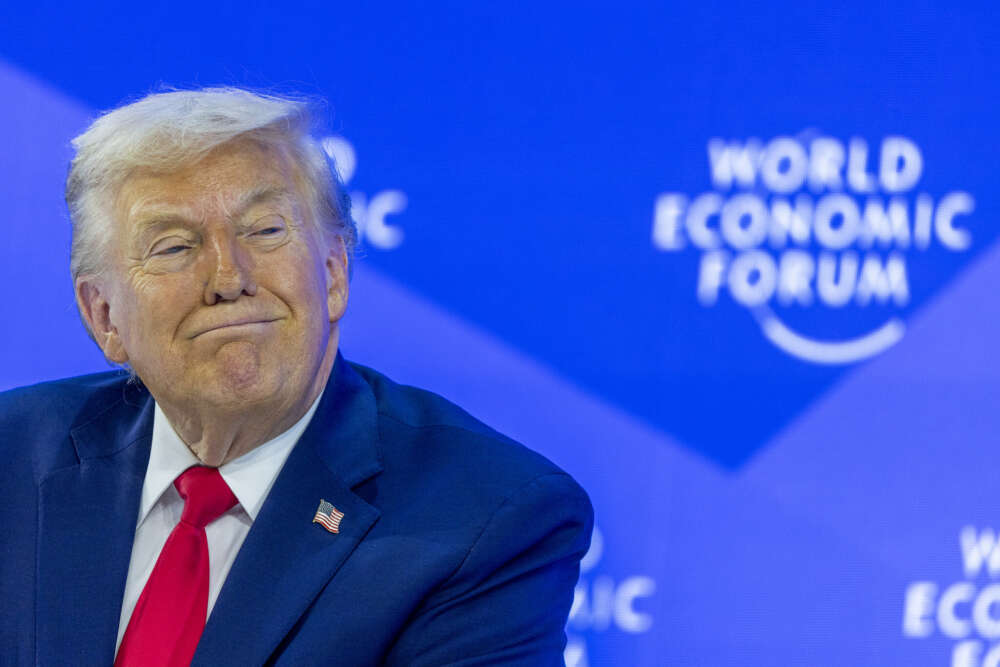Looking in the Mirror in Times of Trump
In one of GPPi’s Global Dialogue programs, held in Washington during Donald Trump’s first presidential term, a German participant launched into an ode to the“liberal, rules-based international order”. A South African participant interjected:“Just burn it down!” He considered the order skewed against the Global South.
At the time, German leaders hoped that they could weather four years of Trump’s contempt of multilateralism by working together with other middle-sized powers in the“Alliance for Multilateralism”. They bet on Trump proving an anomaly allowing the next US president to re-commit to multilateralism. The plan seemed to work.“America is back,” Joe Biden announced jubilantly four years ago. Biden reaffirmed America’s commitment to multilateralism, stating that the US could only tackle global challenges with allies. That dream is over. It has now become abundantly clear: Trump was no aberration. And Biden was just a last hurrah of classic US post-war internationalism.
In his confirmation hearing last week, Marco Rubio, the new Secretary of State, pronounced the American-centric post-World War Two global order dead – echoing the misgivings our South African participant aired during our dialogue program. Rubio asserted that this global order is not“only obsolete”, but that“it is now a weapon being used against us” by China, Russia and other authoritarian powers. If Trump had given this speech, he would have been less polite and would have added an extra dig to Germans and Europeans; he would probably argue that Germany is also taking advantage of the US within the global trade order and is a NATO free rider.
This time around, an“alliance for multilateralism” will not suffice in the face of Trump. Following four more years of Trump at the helm, there won’t be a“savior” (supposedly) like Joe Biden, waiting in the wings to clean up the mess and go back to business as usual. This“America First” era will outlast Trump – Germany and Europe can only save themselves. First of all, that means that Germany and Europe must get serious about investing in their own defense, in a world where they can no longer blindly rely on US security guarantees. Germany and Europe should suggest a ten year transitional agreement with the US. This arrangement would stipulate clear benchmarks for EU investments in the critical enablers that the US currently provides for European defense.
Germany will also need to revisit its broader international role. However well-intentioned, odes to the rules-based international order will get us nowhere. Certainly, investing in the UN system remains very much in Germany’s interest – both as a forum for dealing with conflicts and as a means to address global challenges, from the climate crisis to pandemics. So-called minilateral alliances – smaller international agreements that can operate more flexibly – could complement the large-scale UN processes. At the same time, Germany must continue to invest in deeper cooperation with countries outside the West – this will prove to be a central building block of Germany’s positioning in this brave new world. In doing so, Germany must find ways to counter the skepticism toward the West coming from many parts of the Global South – these calls are increasingly loud, following Gaza,“vaccine apartheid” and concerns about EU climate protectionism. Germany can only succeed in this endeavor if it makes non-Western countries compelling offers based on common interests.
Germany and Europe will also have to wield a similar mode of transactionalism when dealing with the Trump’s US. Wherever possible, they should negotiate to find common ground. Where necessary, Germany and the EU should try to organize with like-minded governments to counteract Trump. At the same time, Europe should take an honest look in the mirror, to identify whether and where we have also lost faith in elements of the global order.
The LNG acceleration law, that Germany enacted in June of 2022 to secure a national energy supply independent from Russian gas, may have gutted the participation requirements of the Aarhus Convention. Finland has completely suspended the right to asylum on its borders with Russia because President Putin seeks to use migration to destabilize Europe. Lithuania wants to withdraw from the Ottawa Convention on Anti-Personnel Mines, aimed to limit access to such mines, because the Baltic state considers them necessary for self-defense against an increasingly aggressive Russia.
Clearly, all these elements of the“liberal international order” have not been stress-tested for a European war with Russia. Similarly, the World Trade Organization (WTO) was not conceived with an authoritarian state-capitalist China in mind, developing in a way that does not support the market economy. Germany, too, must open its eyes to what Brussels and Paris have concluded when dealing with unfair competition and the looming“China shock 2.0”; China’s economic behavior threatens to erode the core of the German industrial base.“Within the WTO, wherever possible. Beyond the WTO, where necessary”, needs to become the new German and European motto vis-à-vis Beijing. At the same time, Germany should advocate ambitious and realistic EU trade agreements with the rest of the world.
The struggle for Germany to secure room to maneuver to pursue its interests will only become tougher in a world of‘America First’ and‘China First’. To this end, it is essential to thoroughly review Germany’s institutional set-up and adjust it where necessary. Germany can only be effective on the global stage if it deals with security, economic and technology policy in a much more concerted manner. A new National Security Council must center and prioritize economic security and technology. And a review of Germany’s international position should not shy away from the hard questions; it should thoroughly critique the effectiveness of our policies and approaches in all areas.
But one thing should be clear: there would be no worse time than the present to mindlessly slash Germany’s budget for international engagement.
This commentary was originally published in German by Handelsblatt as part of a recurring column on Geoeconomics on January 23, 2025.
